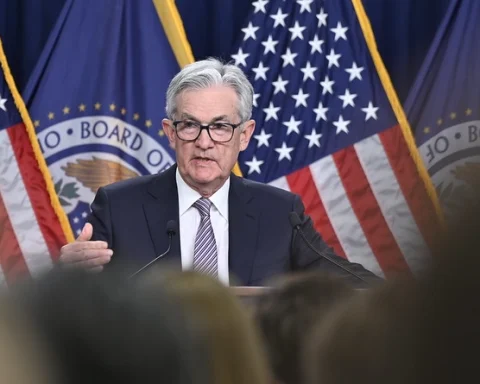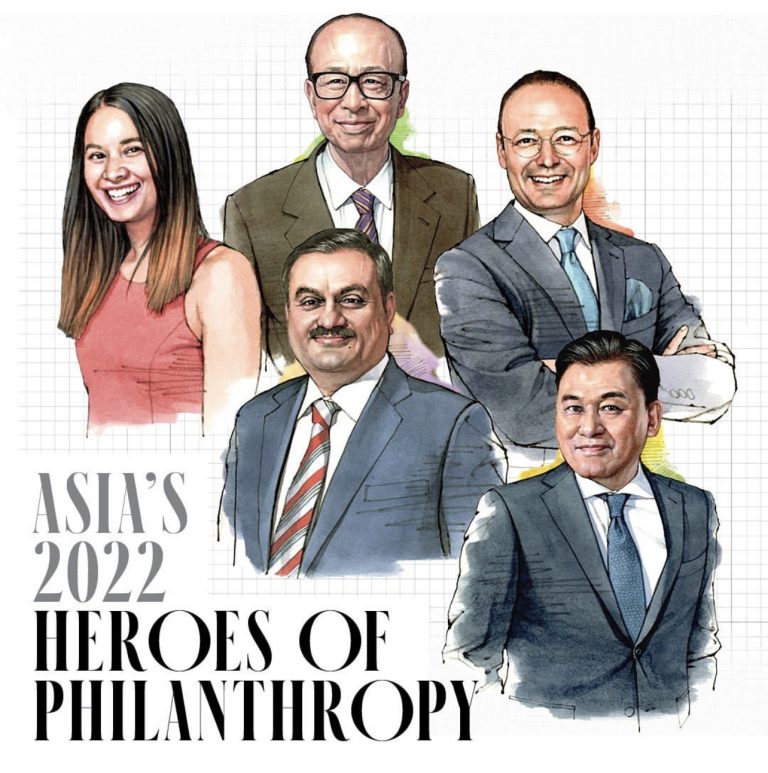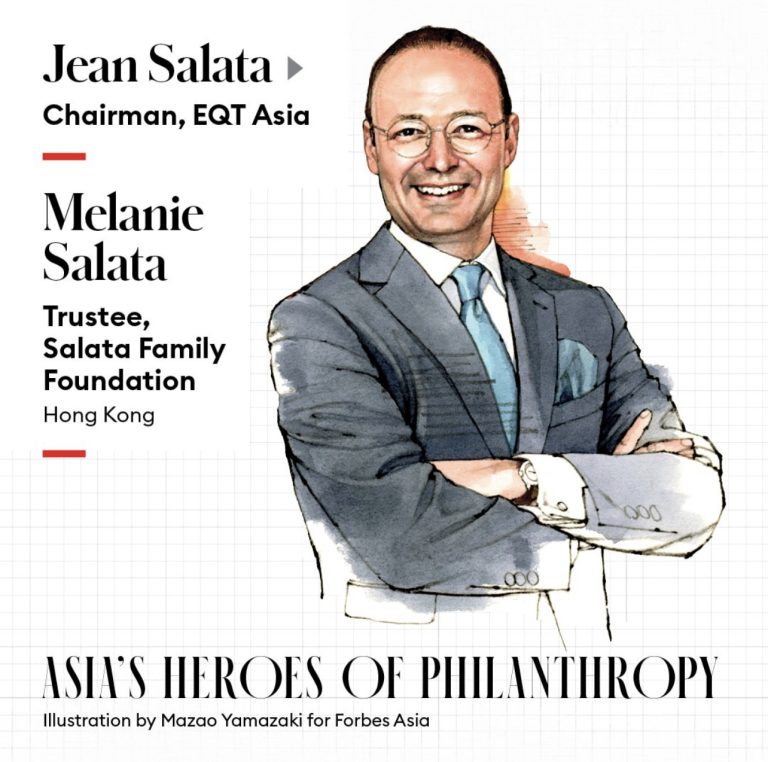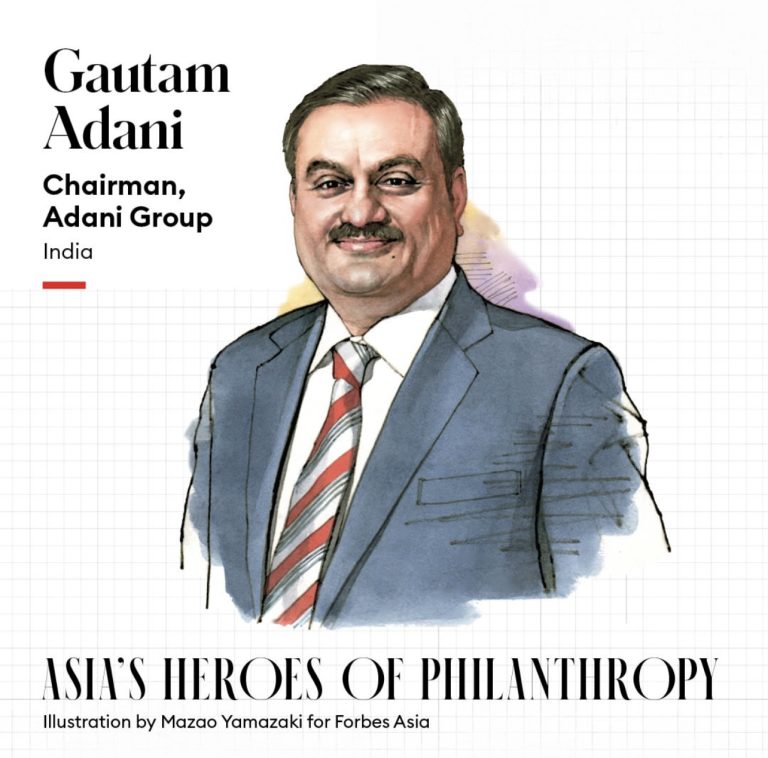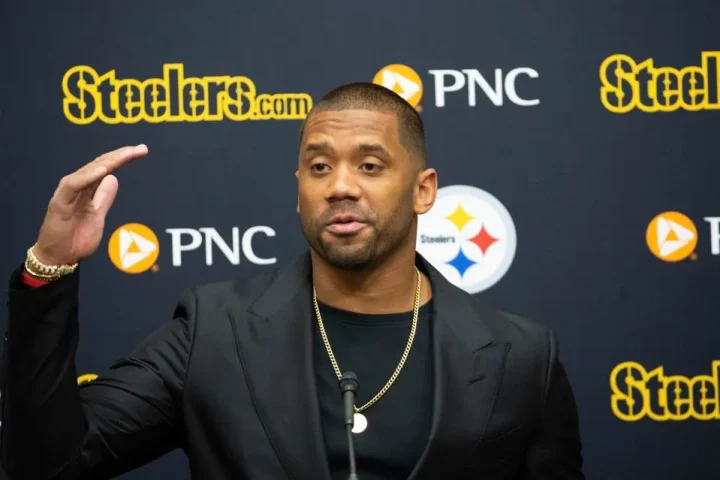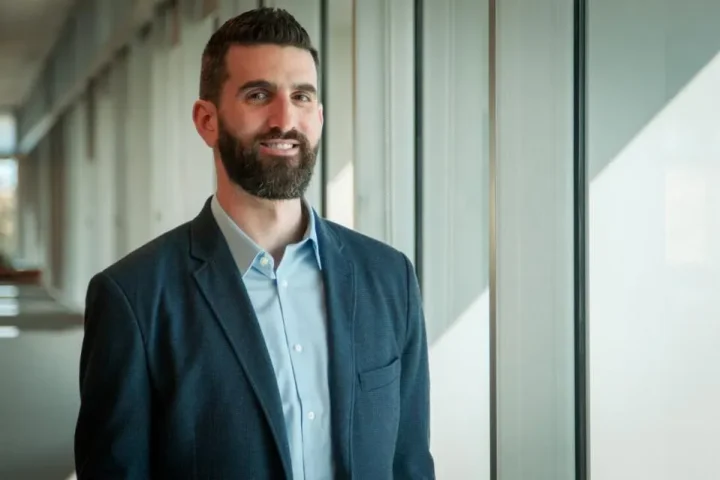Introduction
The recent visit of Indian Prime Minister Narendra Modi to the United States was marked by grand gestures and significant diplomatic discussions. As the Biden Administration rolled out the red carpet for Modi, the focus seemed to be primarily on addressing issues related to China. However, while the visit garnered attention for its political implications, it was notable that discussions on the pressing global concern of climate change took a backseat.
A Lavish Welcome and Historic Address
Prime Minister Narendra Modi was given a warm welcome during his visit to the United States, with the Biden Administration pulling out all the stops to honor the Indian leader. One of the highlights was his address to the U.S. Congress, a prestigious platform that has been graced by only a handful of individuals on multiple occasions. Modi became the sixth person in history to address the U.S. Congress more than once, joining the esteemed company of Winston Churchill, Nelson Mandela, Yitzhak Rabin, Benjamin Netanyahu, and Volodymyr Zelensky.
A Plant-Based State Dinner
During his visit, Modi was invited to a state dinner at the White House, where an unconventional menu awaited him. In a unique gesture, the dinner was entirely plant-based, with no meat, dairy, or eggs. This choice was a direct tribute to Prime Minister Modi’s strict vegetarian lifestyle. The decision to serve a plant-based meal highlighted the growing global trend towards adopting sustainable dietary practices and reducing the carbon footprint associated with meat consumption.
Millet: A Nod to India’s Efforts
Adding an extra touch to the dinner, the menu featured millet as the main component. Millet is a family of coarse grains known for their high fiber and protein content, making them a nutritious and sustainable choice. By incorporating millet into the state dinner menu, the White House paid homage to India’s efforts to promote millet cultivation and consumption, with the aim of declaring 2023 as the “Year of the Millet.” This initiative aligns with India’s broader commitment to sustainable agriculture and addressing food security challenges in a changing climate.
The Absence of Climate Change Discussions
Despite the warm reception and symbolic gestures, one notable aspect of the visit was the relative absence of substantive discussions on climate change. Given the urgency of the global climate crisis and the shared responsibility of nations to tackle this pressing issue, the lack of explicit conversations between Biden and Modi on climate change raised eyebrows.
While it is understood that discussions on China took precedence during the visit, it is crucial not to overlook the significance of addressing climate change as a key aspect of the bilateral relationship between the United States and India. Both countries are among the world’s largest emitters of greenhouse gases, and their cooperation is vital for advancing global climate action and achieving ambitious emissions reduction targets.
Conclusion
The visit of Indian Prime Minister Narendra Modi to the United States was marked by pomp, historic moments, and discussions on pressing geopolitical matters, particularly concerning China. However, the limited attention given to climate change during the visit raises concerns about the prioritization of global environmental issues.
As the world grapples with the consequences of climate change, it is imperative for leaders like Biden and Modi to engage in meaningful discussions and collaborate on comprehensive strategies to address the climate crisis. By placing climate change at the forefront of their agenda, both nations can demonstrate their commitment to sustainable development, environmental stewardship, and securing a livable planet for future generations.
While the visit may have missed an opportunity to emphasize climate action, it is hoped that future engagements between the United States and India will give due importance to this critical issue and foster collaboration towards a sustainable,
Read More: Analyzing Che Diaz’s Standup in ‘And Just Like That…’: Intentionally Bad or Missed Opportunity?



